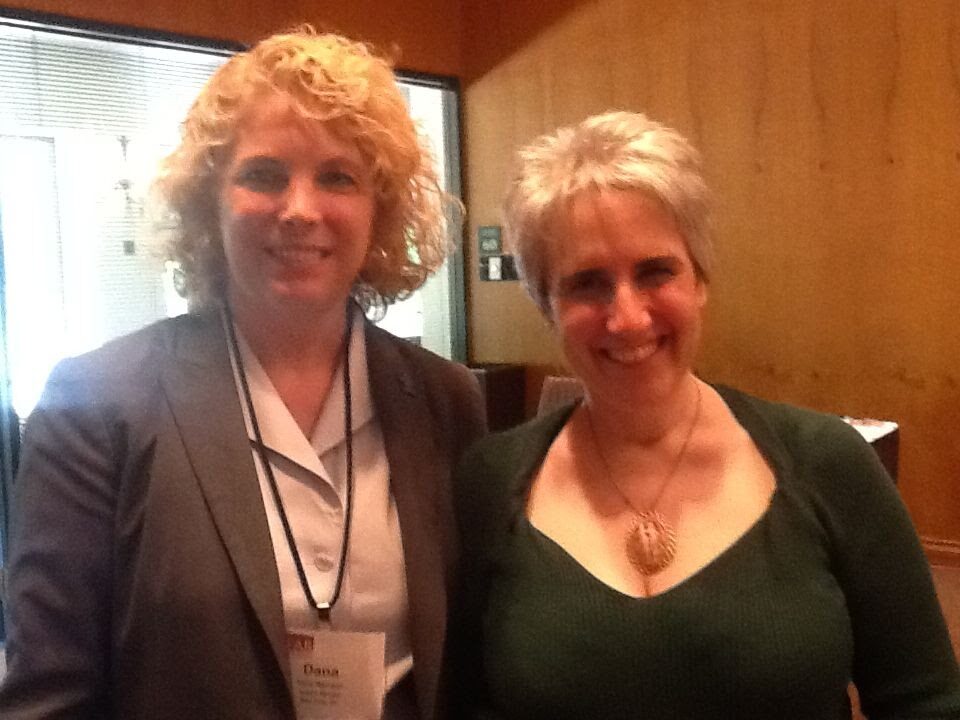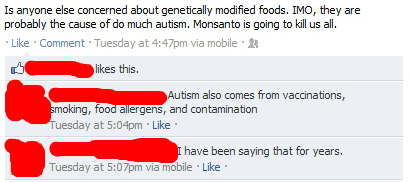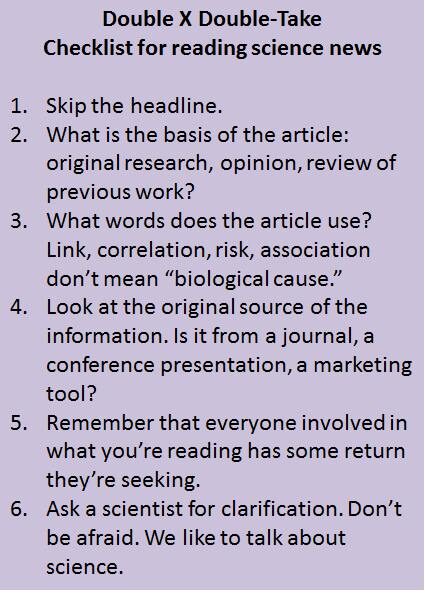Colin Meloy colinmeloy.tumblr.com A friend of mine wrote me asking why I’d suggested on Twitter that people stop reading the Huffington Post, saying that the political reporting is still really strong and important. This is what I wrote in response: Hey Sarah, Yeah, so maybe I got a little short in that tweet, but it’s hard to fit detailed reasoning into 140 characters — it was mostly just a frustration vent. I clearly hit emergency levels re: HuffPo, which seems to happen too often. Agreed: a lot of the political reporting is good. The editorial is awful, though. For whatever progress is made by the clear, insightful reporting done by the site’s fine political reporters is deeply undercut by the way it’s presented, with 5,678 point type headlines manufacturing outrage and sensation over every little thing that comes across their desk. Also: the constant feed of ugly, demeaning celebrity-worship-perpetuating trash…
Tag: media
Julia Bascom juststimming.wordpress.com Buckle up kids, because this gets long and personal. So, a long time (~seven months) ago, in a galaxy far, far away (rural New Hampshire) there lived a sad little girl (or KICKASS ADULT) named Julia who just so happened to have a friend named C. C and Julia had spent the past several months talking too much altogether about the TV series Glee, and C had begun to push for Julia to add a second show to her plate. Some brightly-colored sitcom about derelicts going to a community college. And Julia was skeptical, but C was persistent, for she knew that if Julia liked the first two minutes, Julia would have a new favorite show. See, C knew something that Julia did not. C knew that Abed Nadir existed. Now, there are a couple of things you, gentle reader, must know about Julia in order to…
Speaker Dana Marnane and TPGA editor & self-advocate Carol Greenburg This session was geared towards scientists, regarding why it makes sense to learn how to communicate autism science; how to write a a great article, and how to get your quotes in to articles. Alison Singer of the Autism Science Foundation put together and chaired this panel. Any errors or omissions are on us. -SR The speakers: Jane Rubinstein: Media Training 101 Karen Weintraub: Working with the Press Dana Marnane: Communicating Directly with Families and Other Stakeholders JANE RUBINSTEIN, Rubenstein and Associates Data show that only 58% of academic scientists are involved in media outreach — 78% of women, ~40% of men. 5% of participants created more than 50% of media quotes. Scientists queried cited lack of time as main barrier, but large number felt lack of skills in media relation as primary barrier to media participation. What is PR?…
Jessica Severson theseversons.net Part one surveys the first part of the sequence of events by which research turns into pseudoscience, and “truth fades away in favor of headlines and pageviews and gossip.” Onward. Part Five: News Articles This is a process. First research, then op-ed, then press release and finally news articles. So what’s the headline of our news article? Top 10 Chemicals Most Likely to Cause Autism and Learning Disabilities. Guilty of serious fear mongering, no? A more accurate title may be: Researchers propose list of chemicals potentially tied to neurological development for further study. But I doubt anyone’s going to write that. The article itself, to be fair, is full of caveats. The reasons for the increase in autism are “controversial.” There is a “gap in the science.” But then you get a sentence like this: But clearly, there is more to the story than simply genetics, as…
Jessica Severson theseversons.net I am putting my foot down. As the parent of an autistic child I hear a lot about vaccines and about half a million other things that people think cause autism. I’m hyperaware of the attention autism gets in the media. So I know about the CDC’s new stats on autism rates. I know about the debate on whether the increase in autism is due to more awareness and diagnosis or more actual occurrences. (Personally, I find the former to be a serious factor, though who’s to say how much.) And I see all the articles that come out week after week about the millions of things that are linked to autism. There’s a recurring problem here. Valuable research is done. Research is disseminated. Information is reported. Articles are read. Findings are spread. And what starts in a lab ends up in a Facebook status. What starts…
Emily Willingham doublexscience.blogspot.com www.ThinkingAutismGuide.com Handy short-form version. [image: Light purple vertical rectangle, with black text reading: Double X Double-Take Checklist for reading science news 1. Skip the headline. 2. What is the basis of the article: original research, opinion, review of previous work? 3. What words does the article use? Link, correlation, risk, association don’t mean “biological cause” 4. Look at the original source of the information. Is it from a journal, a conference presentation, a marketing tool? 5. Remember that everyone involved in what you’re reading has some return on what they’re seeking. 6. Ask a scientist for clarification. Don’t be afraid. We like to talk about science.] You’ve probably seen a lot of headlines lately about autism and various behaviors, ways of being, or “toxins” that, the headlines tell you, are “linked” to it. Maybe you’re considering having a child and are mentally tallying up the various risk factors…
Zoe Gross illusionofcompetence.blogspot.com Zoe and her father Rob light candles in honor of George Hodgins. Photo © 2012 Steve Silberman Zoe is an autistic self-advocate. She recently organized and led a vigil to remember and honor George Hodgins. She read the words below at the ceremony, which was attended by self-advocates and their supporters — many of whom had been part of George’s life. Many of whom spoke out themselves. —- Last Tuesday, George Hodgins was shot and killed by his mother, who then killed herself. George lived here in Sunnyvale and he was 22 years old. I didn’t know George, but I can’t stop thinking about him. Maybe it’s because we have a lot in common — we lived near each other, we were the same age, we’re both autistic, although we led very different lives. I would like to have met George, but I can only mourn him.…
Fox TV’s new Kiefer Sutherland series Touch premieres in two days, on Wednesday January 25th. We’re intrigued, and watchful. The series revolves around a non-verbal child, Jake, who understands numerical patterns other people can’t perceive — and his father Martin’s attempts to understand not only what Jake is trying to communicate, but Jake himself. From the series description at Fox.com: Blending science, spirituality and emotion, the series will follow seemingly unrelated people all over the world whose lives affect each other in ways seen and unseen, known and unknown. At the story’s center is MARTIN BOHM (Kiefer Sutherland), a widower and single father, haunted by an inability to connect to his emotionally challenged 11-year-old son, JAKE (David Mazouz). Caring, intelligent and thoughtful, Martin has tried everything to reach his son. But Jake never speaks, shows little emotion, and never allows himself to be touched by anyone, including Martin. Jake is…




